Construction delivery in Denver: A local contractor’s guide
Curri Team
July 30, 2025

Whether you’re overseeing a small renovation or a construction megaproject, the logistics of having your materials delivered to the site can be a nightmare. Making sure the right materials are accounted for, loaded correctly, and on the right route might not be something you have the bandwidth for.
Luckily, there are delivery options readily available to make it a breeze. Let’s take a look at what your options are, and which may be the best solution for your next construction project.
What qualifies as construction supply delivery?
Simply put, if you require a specific material to complete your construction project and also need it to be delivered, it counts as a construction delivery. Materials commonly needed on projects, big or small, include:
- Wood
- Brick
- Steel
- Concrete
- Paint
- Tiles
- Metal
- Glass
- Foam
- Ceramics
- Plaster
The construction industry is also seeing a boom in modular and prefabricated construction materials, where buildings or partial buildings are assembled off-site in a facility and then later transported to their final destination. Solar panels, concrete alternatives, and 3D printing construction equipment are also gaining popularity, as cities like Denver, Aurora, and Lakewood continue to invest in sustainable construction initiatives.
Which industries utilize construction material delivery?
Construction projects are usually completed by a handful (or more) businesses and vendors. Different contractors and subcontractors specialize in different phases of construction, so it takes a village to smooth out delivery logistics. Aside from construction companies, industries that most often need delivery services include:
- HVAC
- Electrical companies
- Roofers
- Tire parts companies
- Plumbers
- Auto part companies
Painters, window installers, and numerous subcontractor types may be required for the most elaborate construction or renovation projects. And unifying your vendors? Not long ago, it wasn’t a possibility, but streamlining deliveries starts with the right digital tooling.
The answer to smooth delivery? Comprehensive software
The construction demand continues to grow steadily across the United States. According to ConstructConnect, the total construction growth forecast for 2025 is 8.5%. Outdated systems of ordering materials over the phone or by email slows down timelines and leaves room for human error. To combat the bottlenecks of conventional delivery systems, companies must adopt effective software.
Migrating processes to a proper software system streamlines every part of the process. It gives all of the right stakeholders visibility into the delivery status, it is user-friendly, it can be operated on the go, and in some cases, companies can unify vendors and cut down on endless deliveries.
The construction industry has long been one of the slowest to adopt new technologies, but it can’t afford to be. With commercial, residential, and infrastructure projects on the rise, efficiency is crucial. Plus, getting started with the right software is often easier than expected.
4 things to look for in a construction delivery software
These days, there’s an app for everything. Unfortunately, however, not all solutions are created equal. Here’s what to look for in a material delivery software.
A unified logistics platform
Imagine you have a simple GPS just for your construction materials delivery. That’s what a great logistics platform does, but instead of step-by-step directions, you get live updates on the status of your delivery. That way, your team can be assured that your materials will arrive on schedule and you can get back to focusing on the bigger picture.
A good logistics platform also helps you resolve delivery issues, lower your shipping costs, and it can even match your project needs with the best providers to get the job done with smart management.
Construction companies can also streamline supply chain management by using a unified platform to consolidate vendors and cut down on deliveries.
Advanced route planning
Does one vendor require a retail pickup? Does another have a middle-mile delivery gap? The intricacies of complex vendor delivery are no longer a problem with a unified software. Companies can save hours each week with an intuitive route planning software. These features make it easy to keep drivers, project managers, contractors, and customers in-the-know about delivery statuses at all times. They can also set up text, in-app, or email notifications if there are any changes in the schedule.
And even with the most intuitive software, sometimes you still need human intervention. Luckily, with the most comprehensive apps, a real support team is only a click or tap away. They’ll be trained in helping you find your fastest, most efficient route for any type of delivery at any size.
Nationwide delivery coverage
With the best software solutions, all you need to do is input your routing locations, choose a vehicle to make the delivery, and fill out a few simple fields. The app should then assign you a specialized driver from a network of drivers across the US.
This means deliveries can be made quickly and reliably, no matter how far the destination is.
Hotshot support
As demand for construction rises in the commercial, infrastructure, and residential sectors, the demand for hotshot delivery does, too. When you’re connected with a hotshot delivery driver, you can expect same-day deliveries and ensure your project is as productive as possible.
Hotshot delivery is a specialized service for expedited construction material delivery, primarily used for one-way transport jobs. Typically, hotshot deliveries are less than truckload (LTL) deliveries and are perfect for project managers and general contractors who need a few more materials that day to keep the project on schedule. Thanks to hotshot deliveries, developers can stay on time and reliable, and their reputation as a company stays glowing.
Why businesses in Denver trust Curri
Whether you’re in Denver, Aurora, Lakewood, or another city in Colorado, Curri has your back. Our easy-to-use, catch-all software takes the planning and delivery headache and makes it a no-brainer.
We offer easy route planning, delivery trucks of all sizes, and endless delivery types, including hotshot service. Book a demo today to learn how we can make any construction project a success.
.png)








.svg)
.jpg)
.jpg)
.jpg)
.jpg)
.jpg)
.jpg)
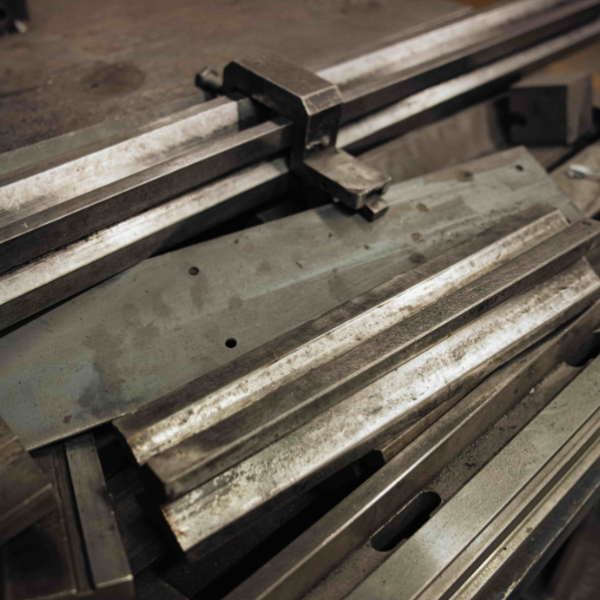
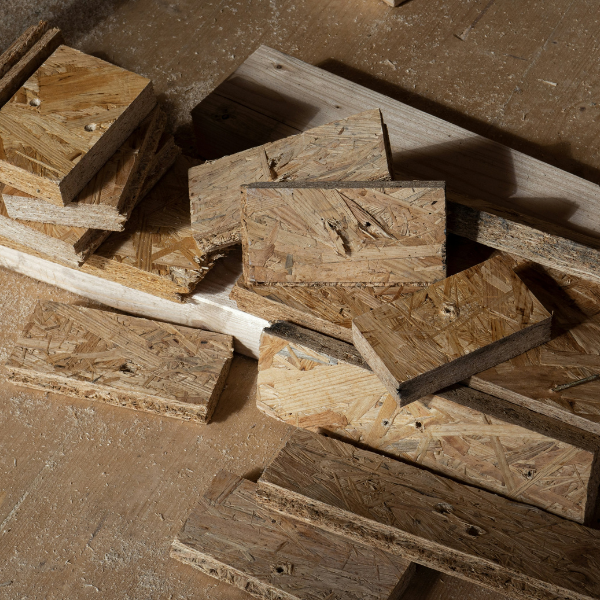
.avif)
-min.avif)

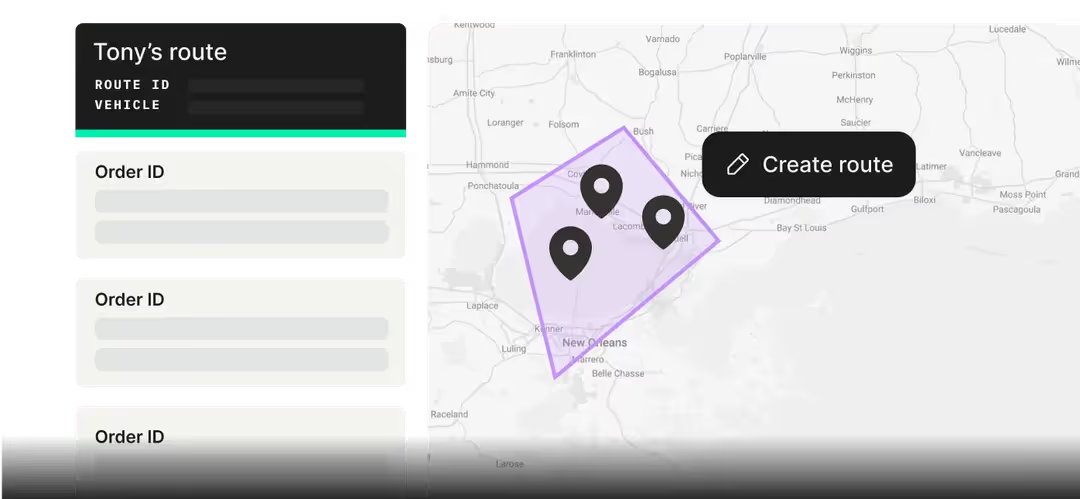
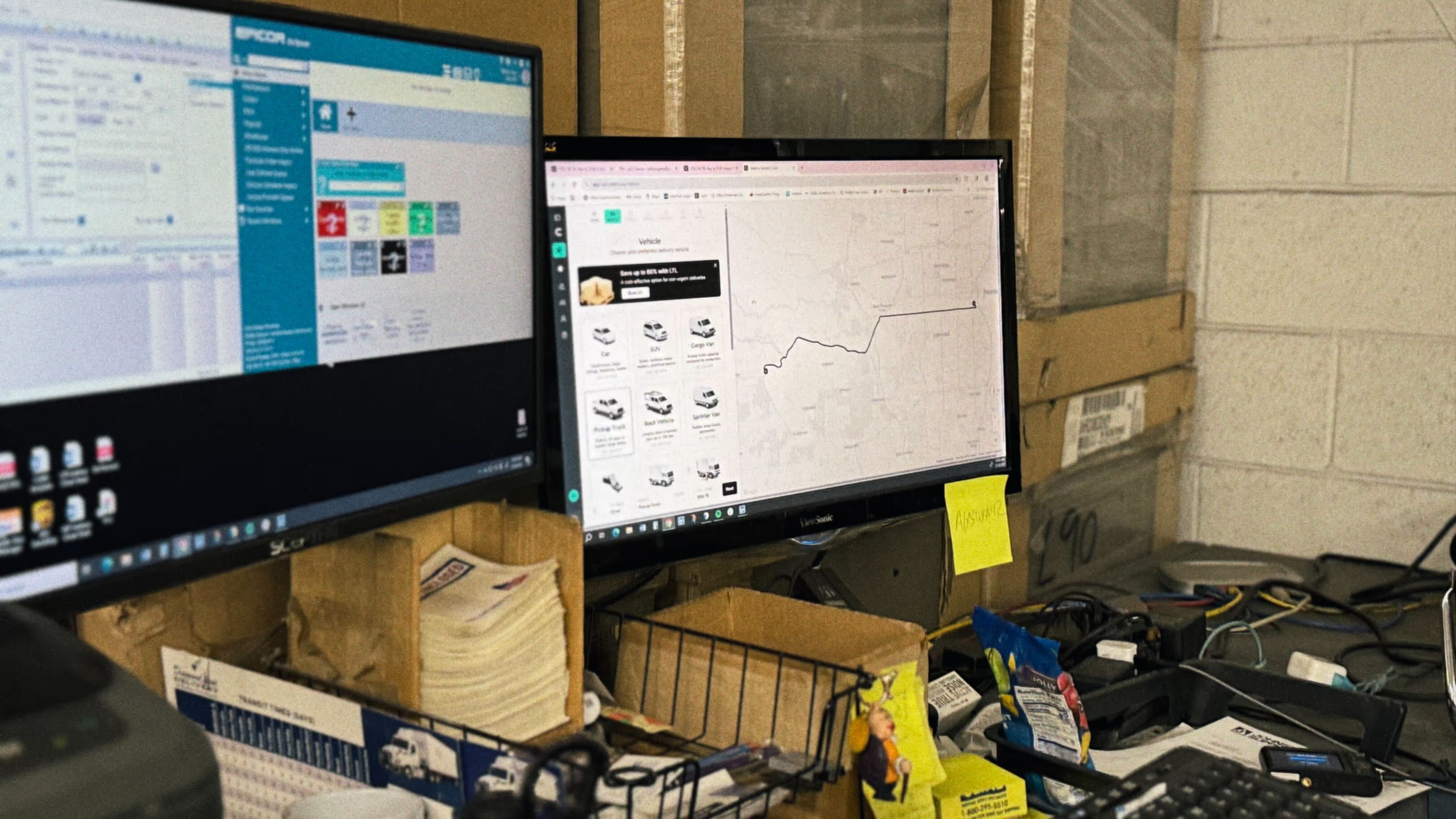
-min-min-min.avif)
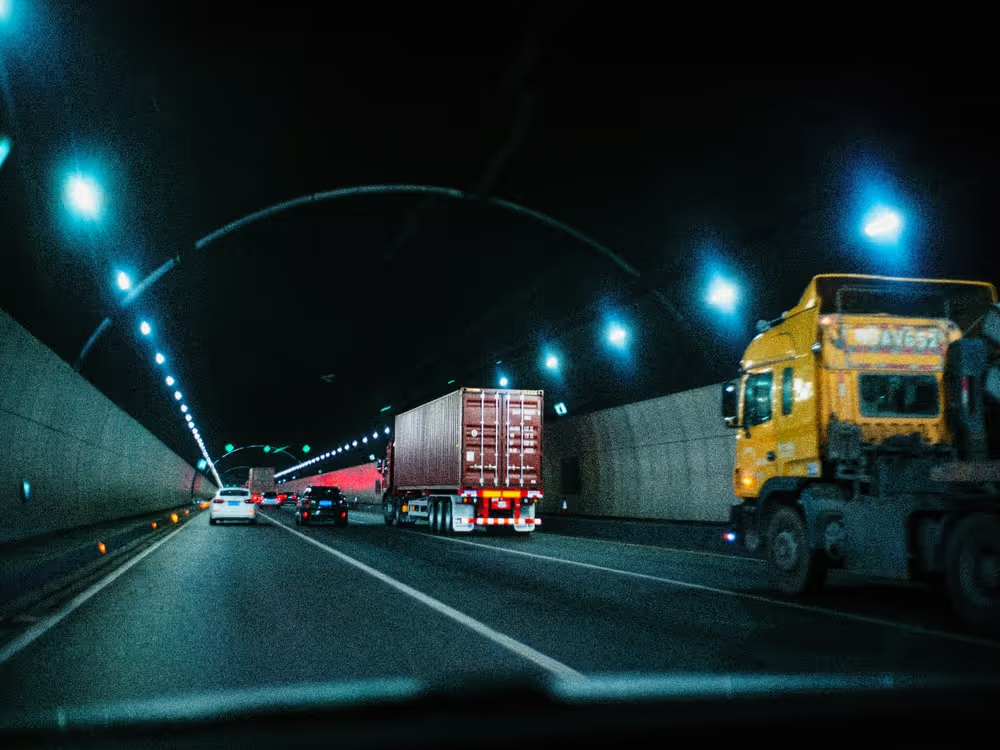
.avif)
-min.jpeg)
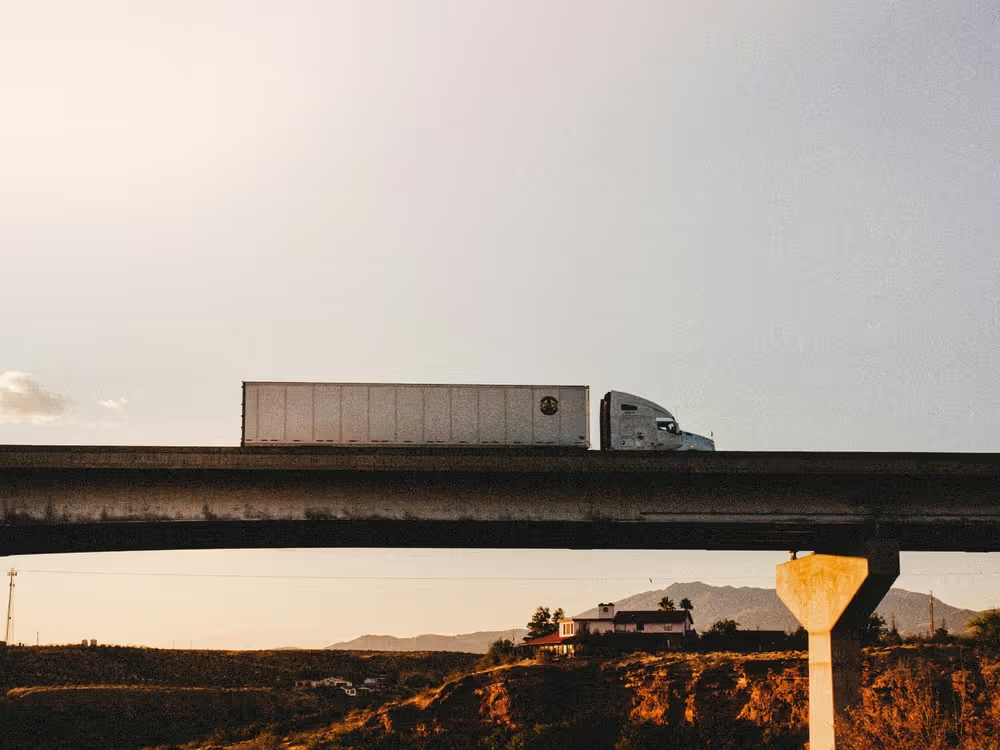

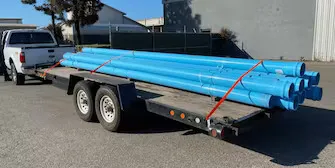
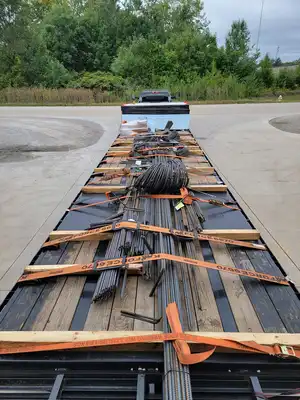

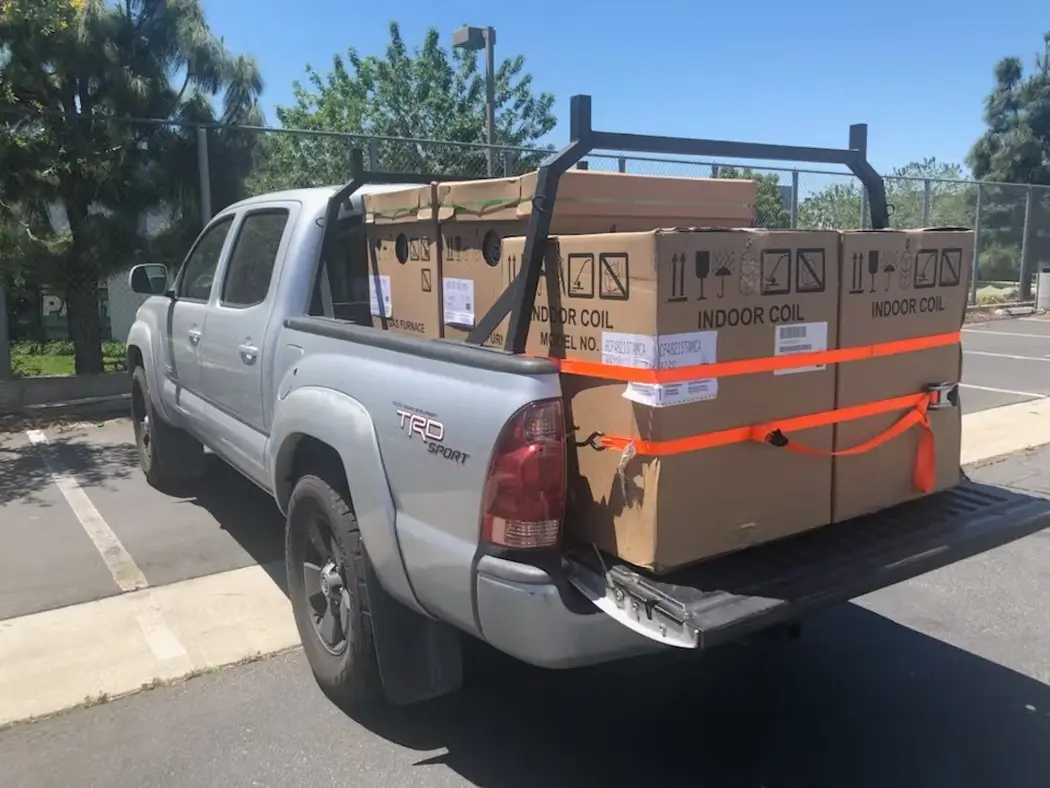
-min.webp)
.webp)
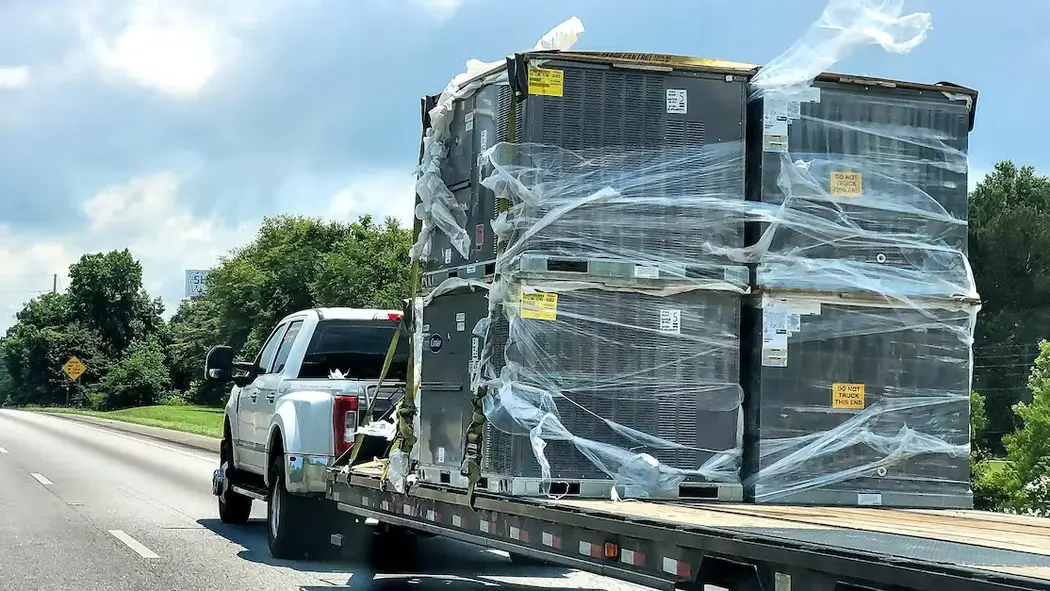
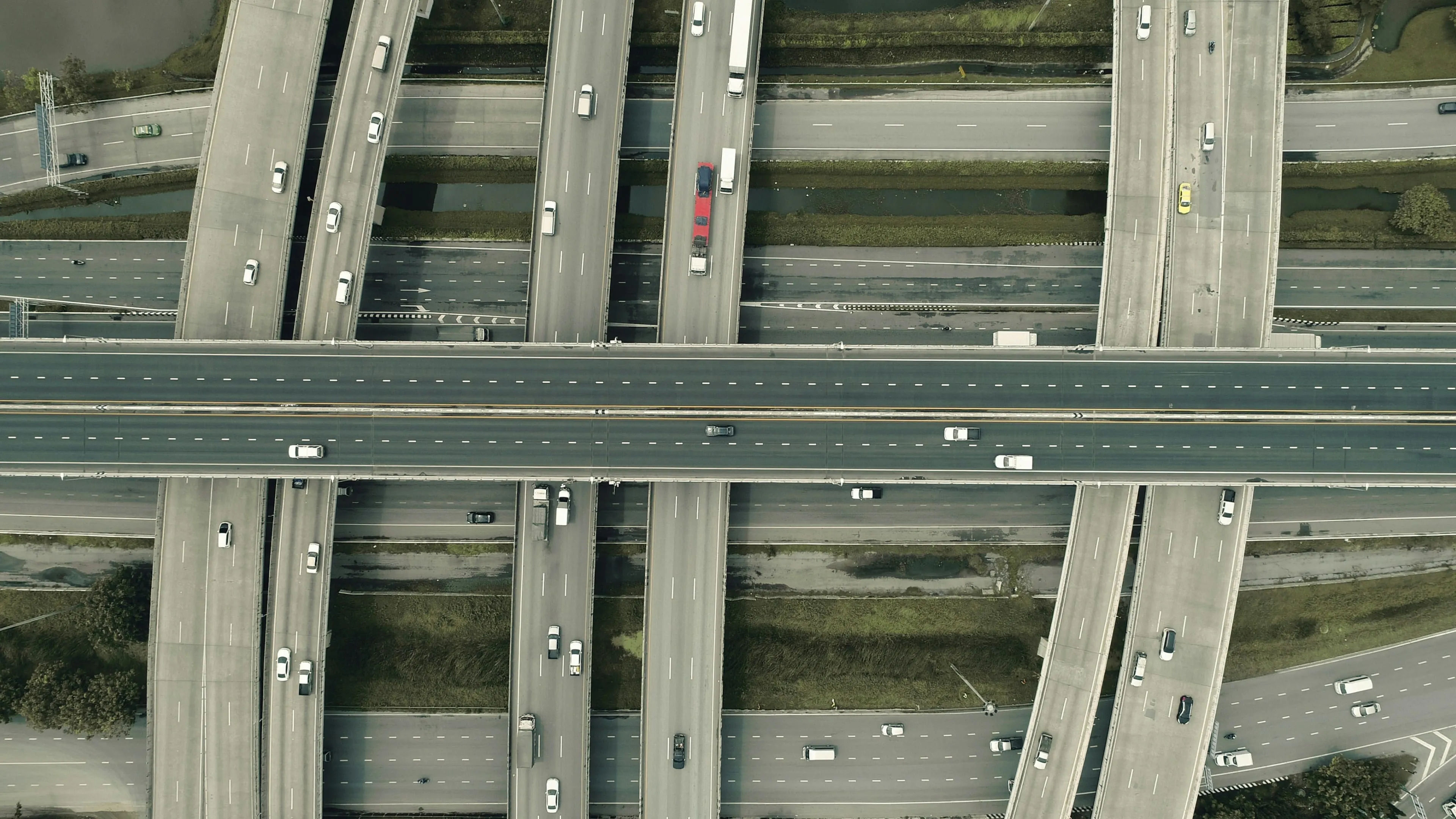

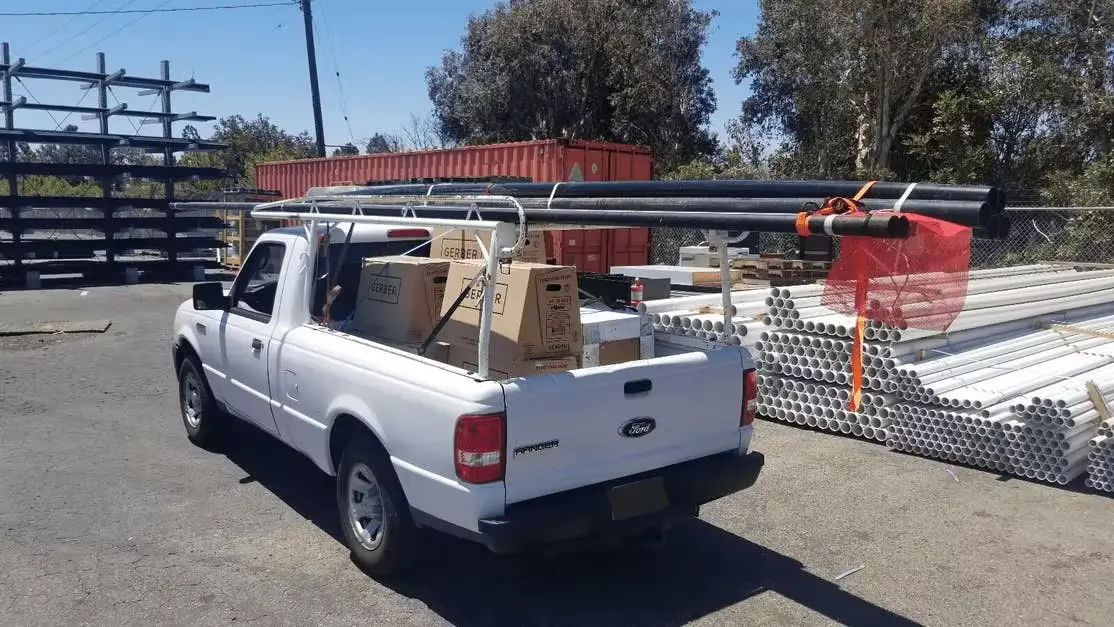

.webp)

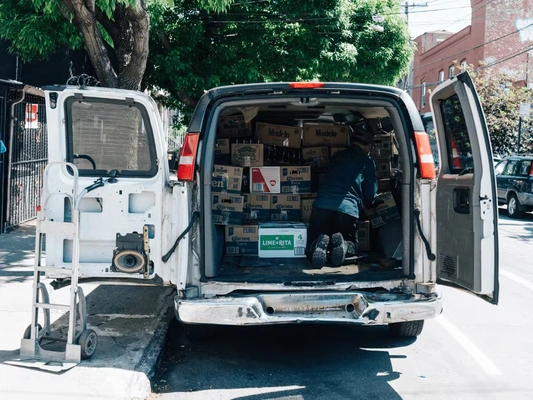


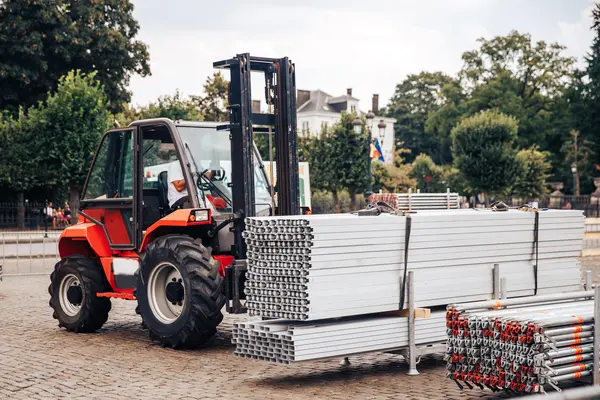
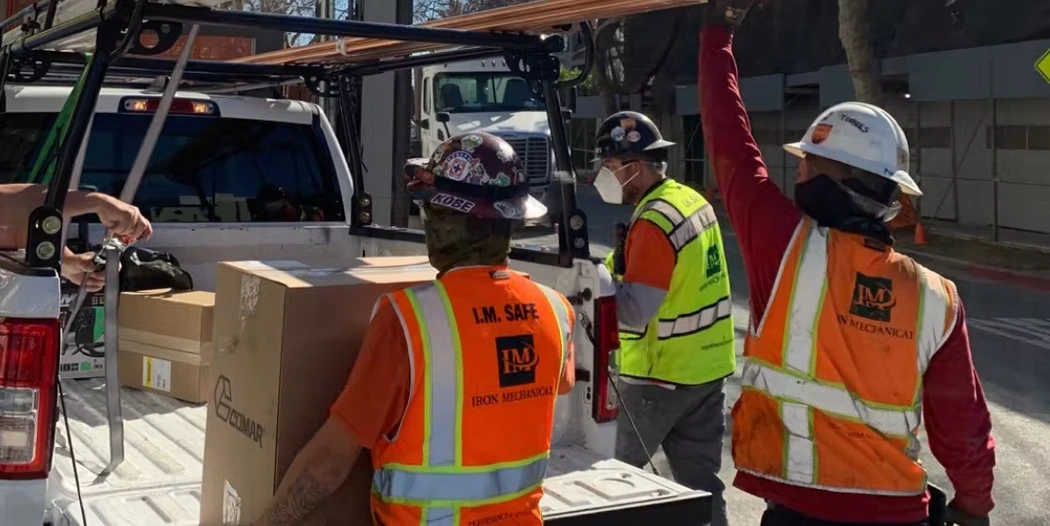
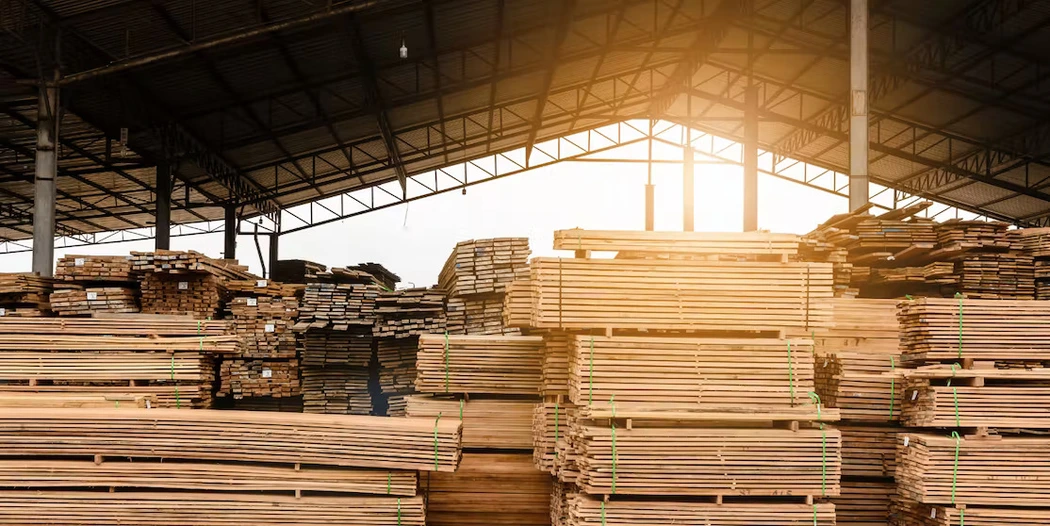




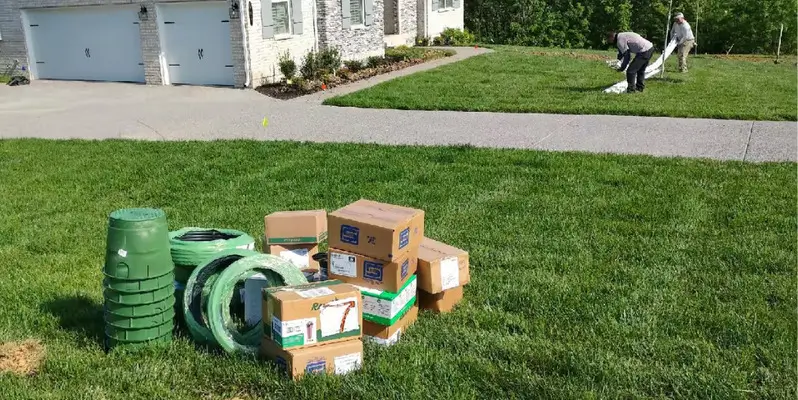
.webp)
-min.avif)


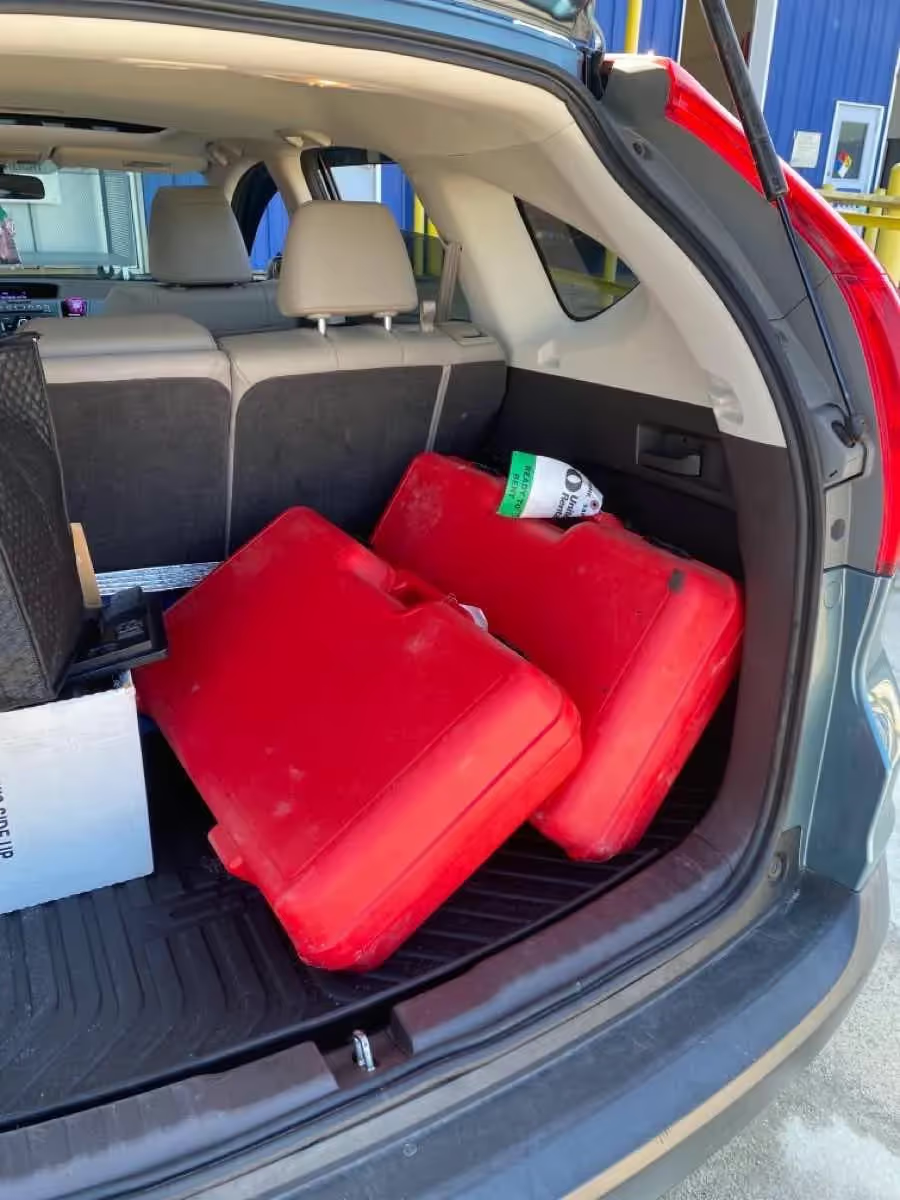

-min%2520(1).avif)

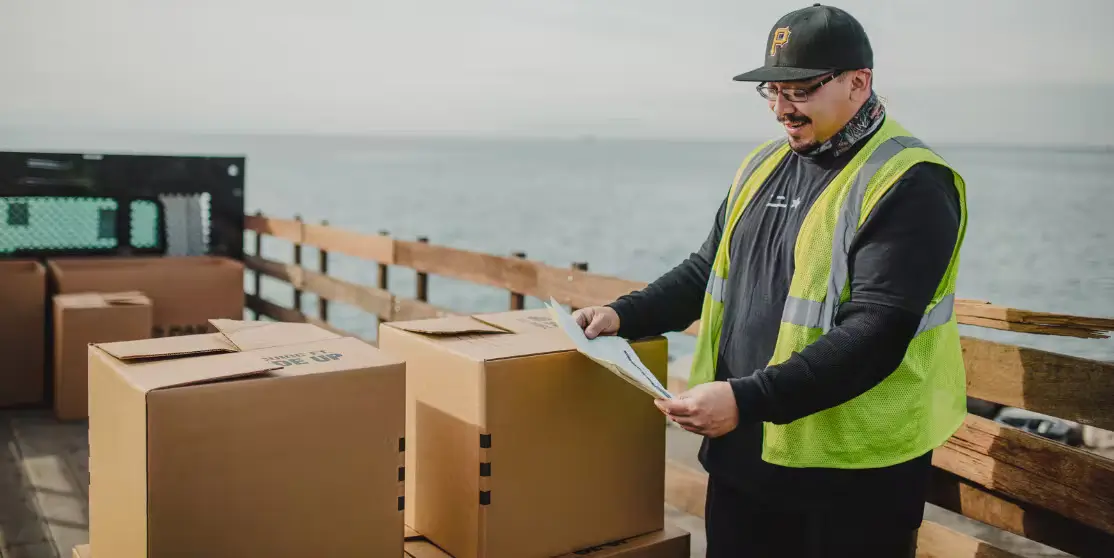
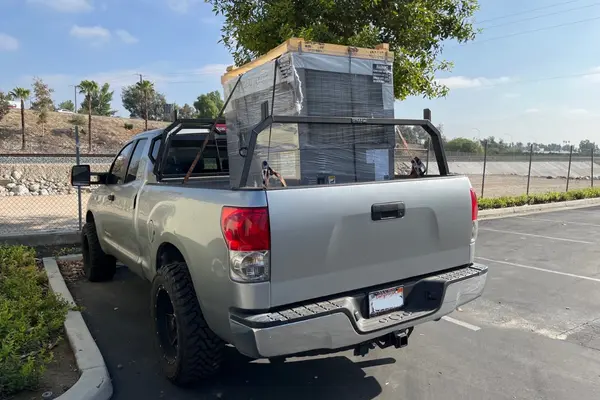


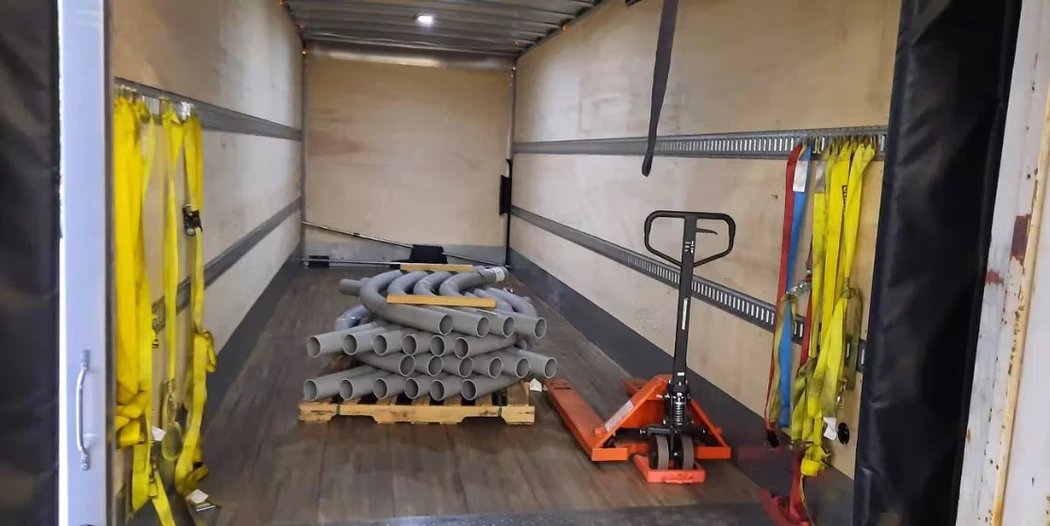
.avif)
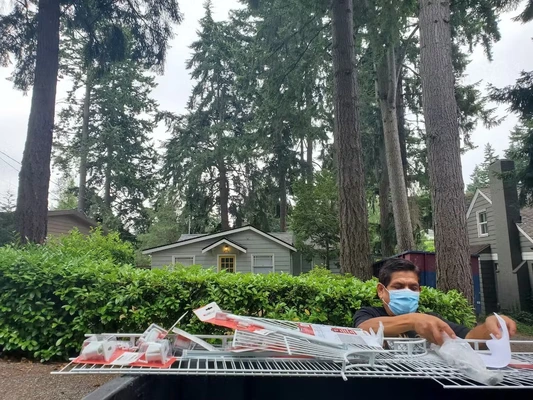

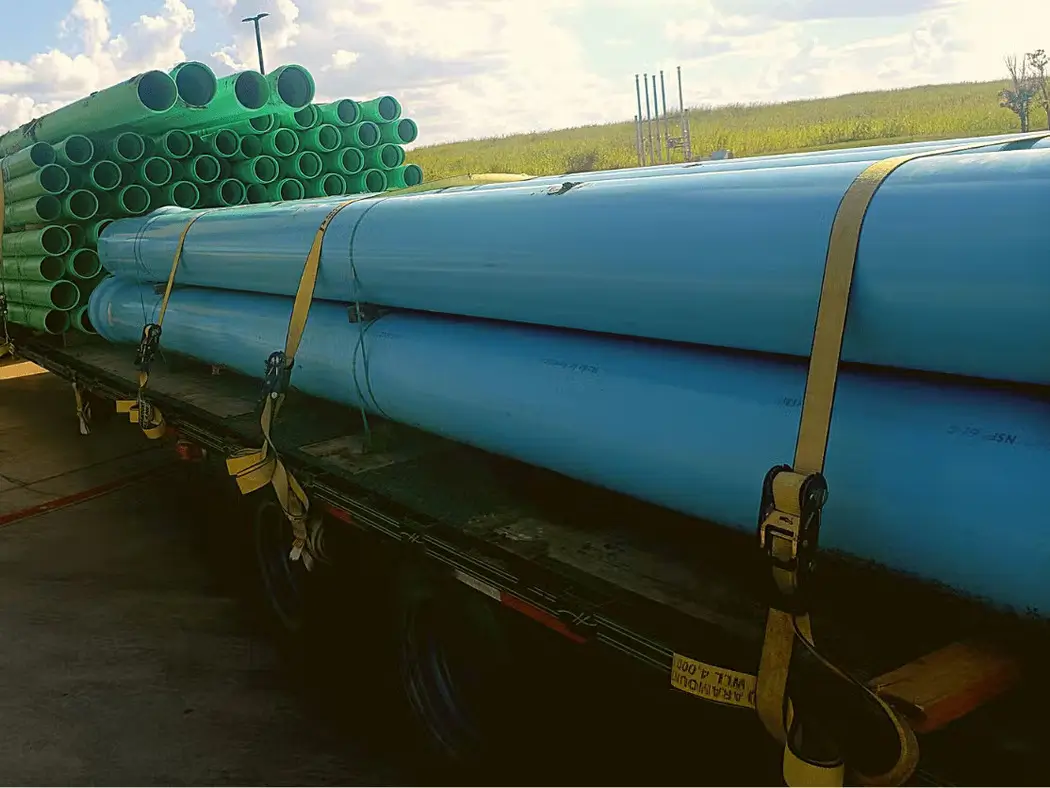
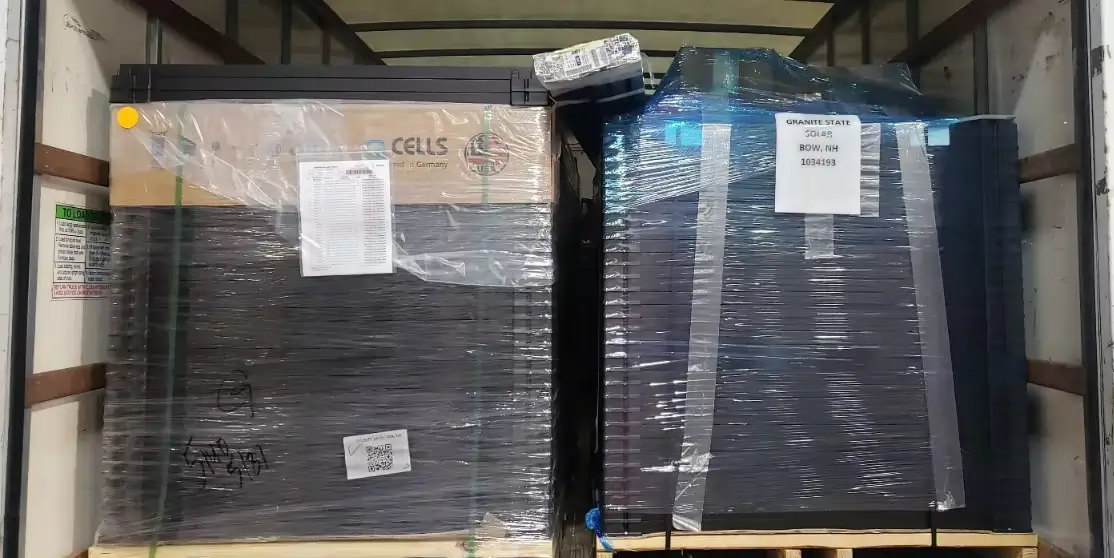
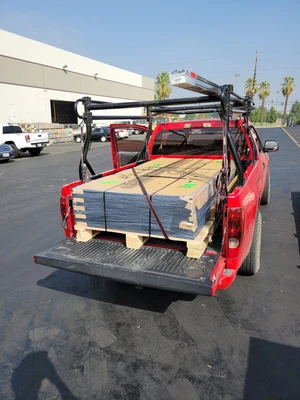
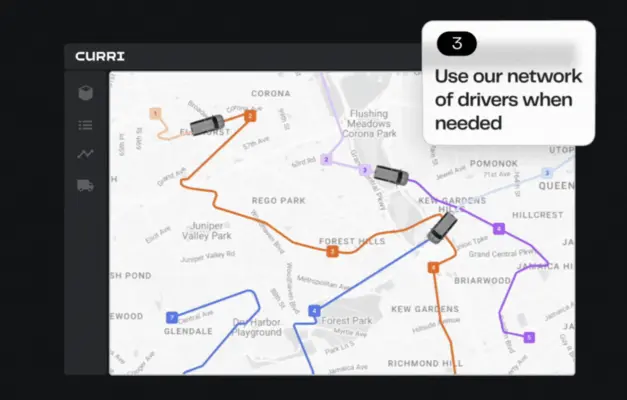


-min.avif)



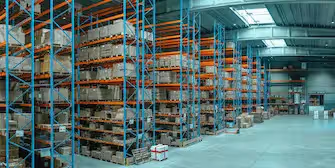
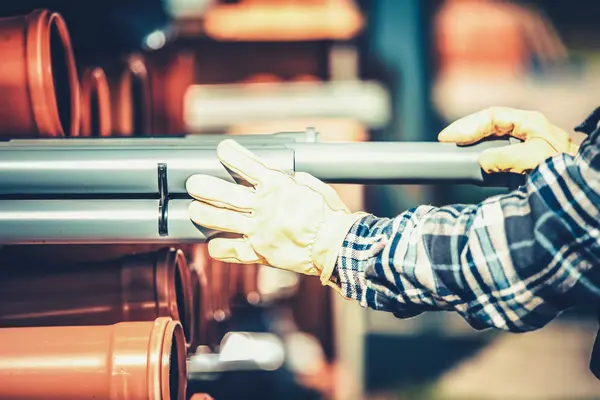
.webp)
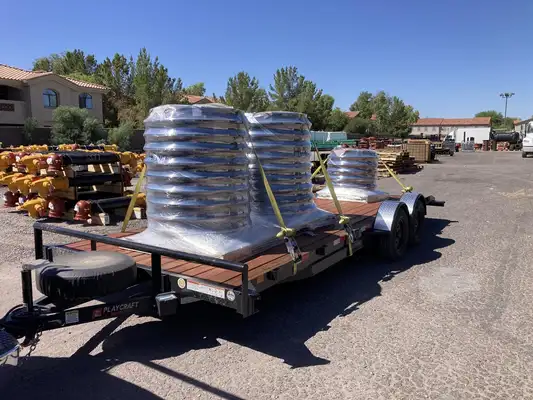
.webp)
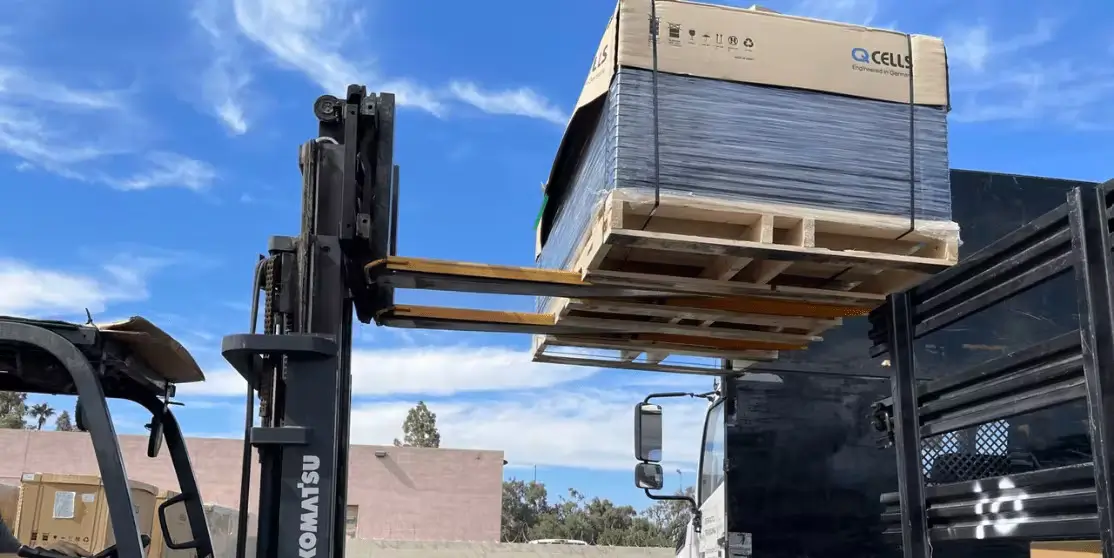
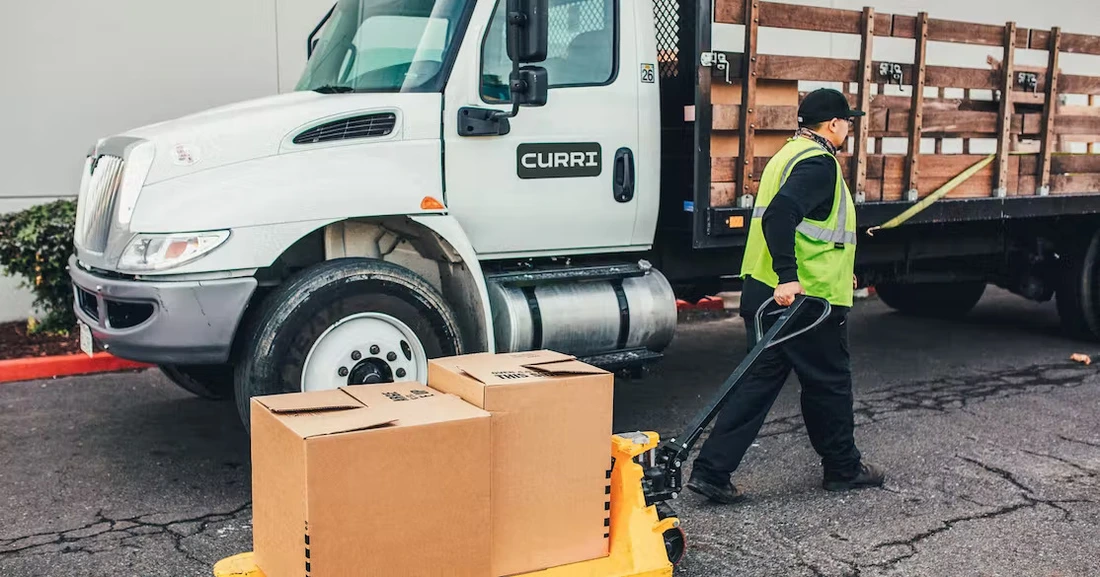
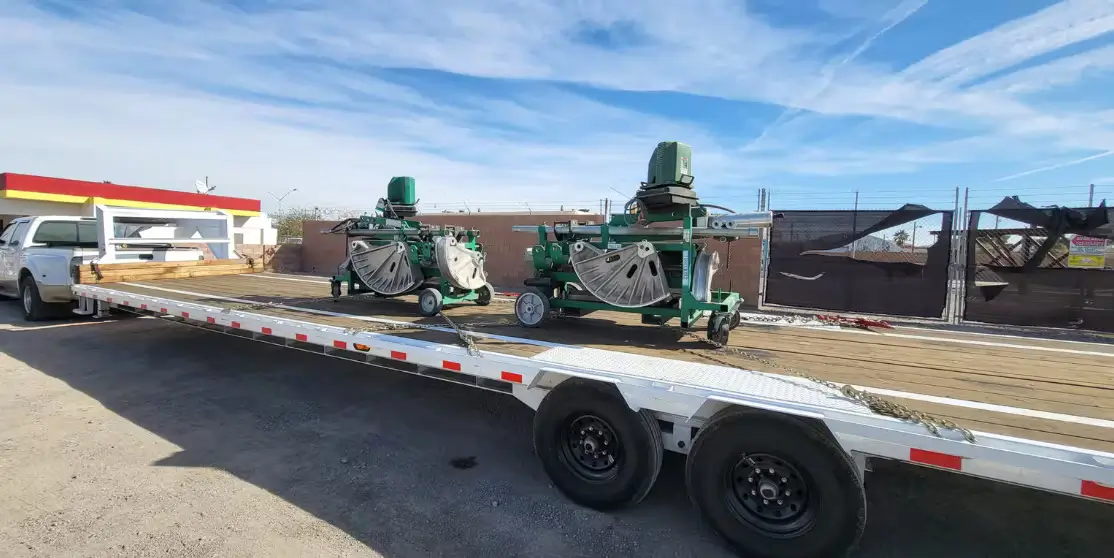
-min.avif)

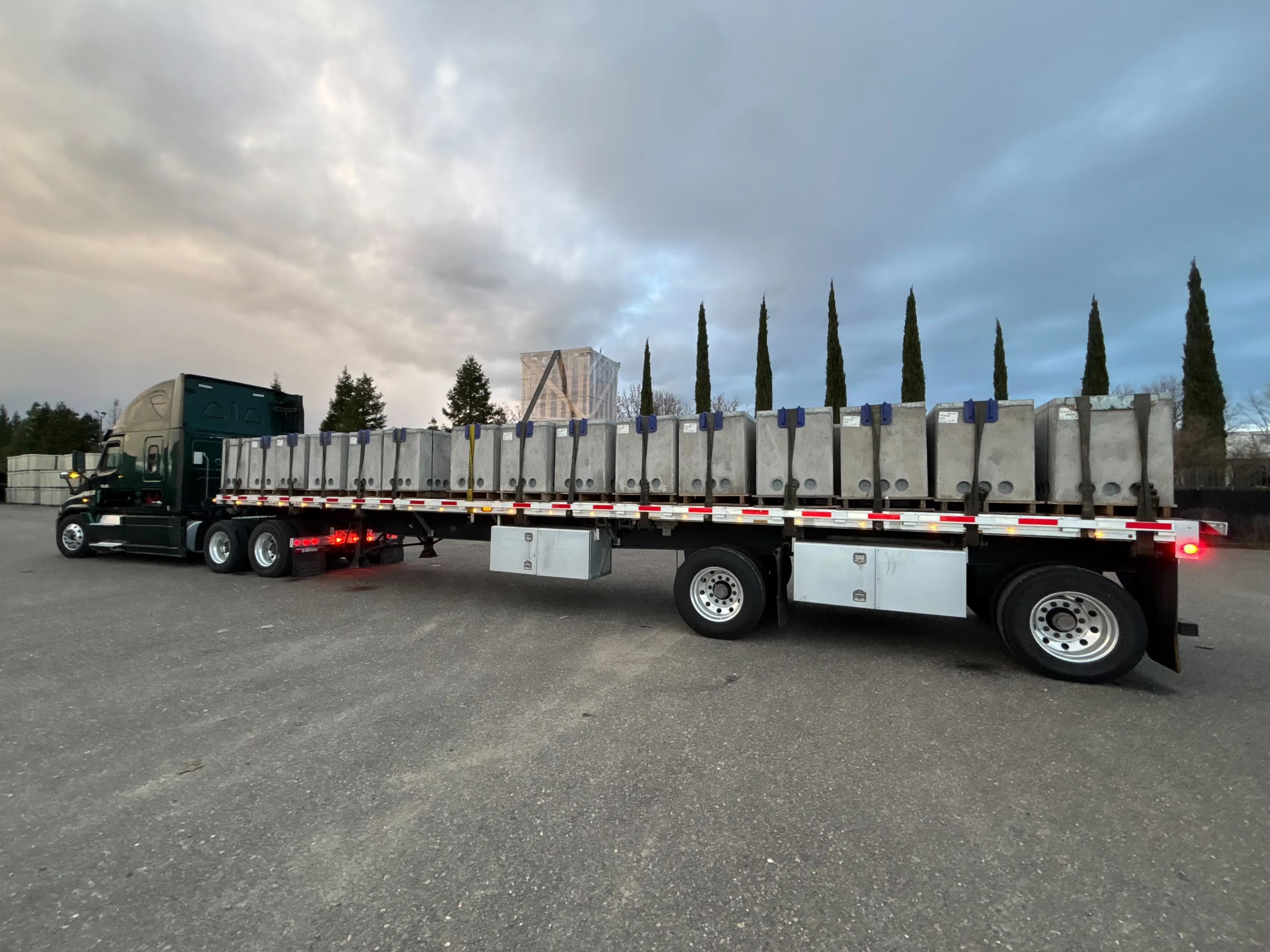

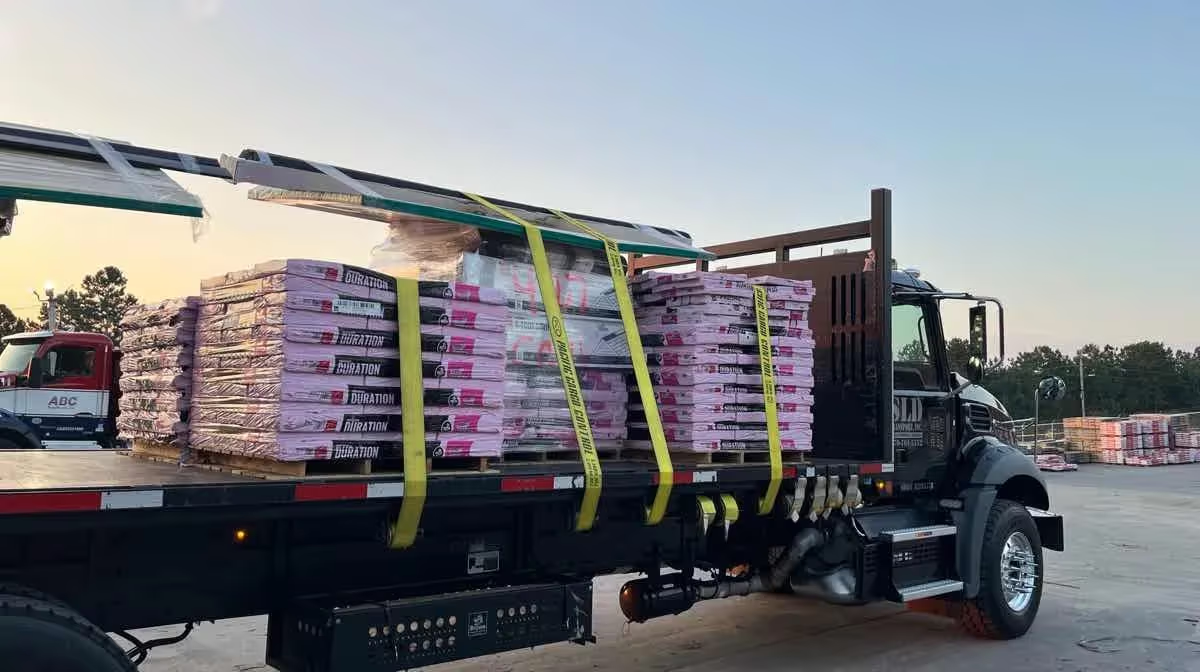
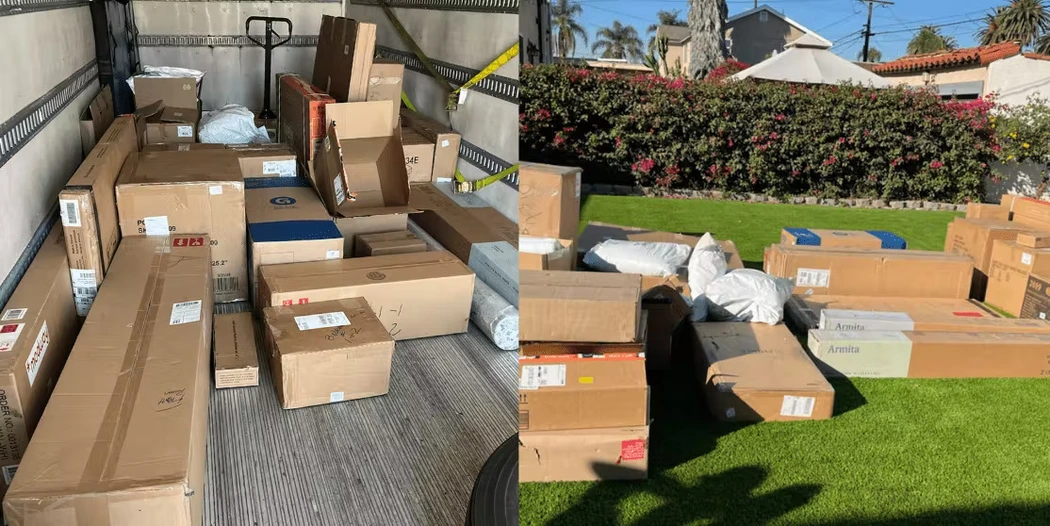
-min.webp)

.webp)
-min.webp)
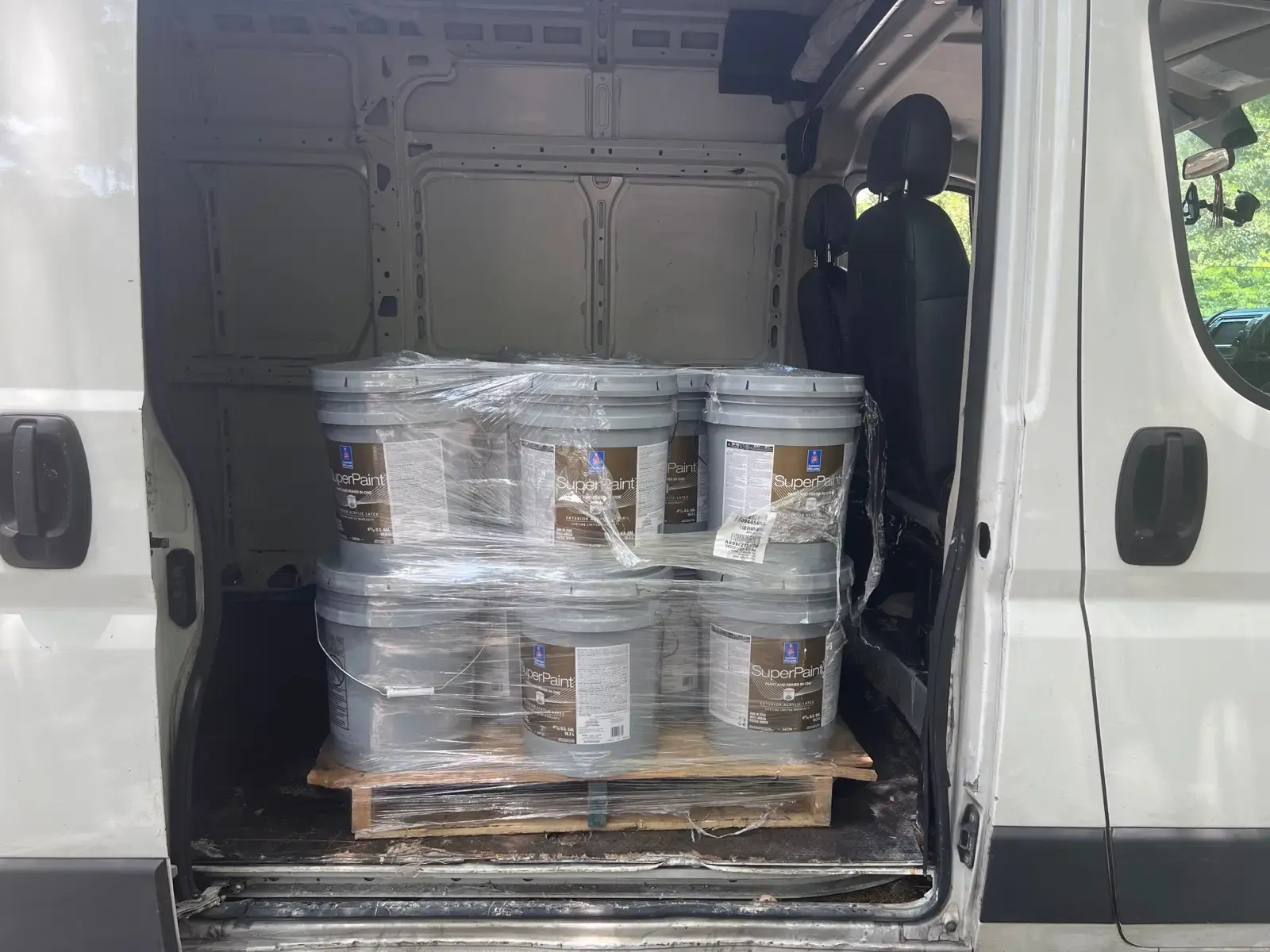
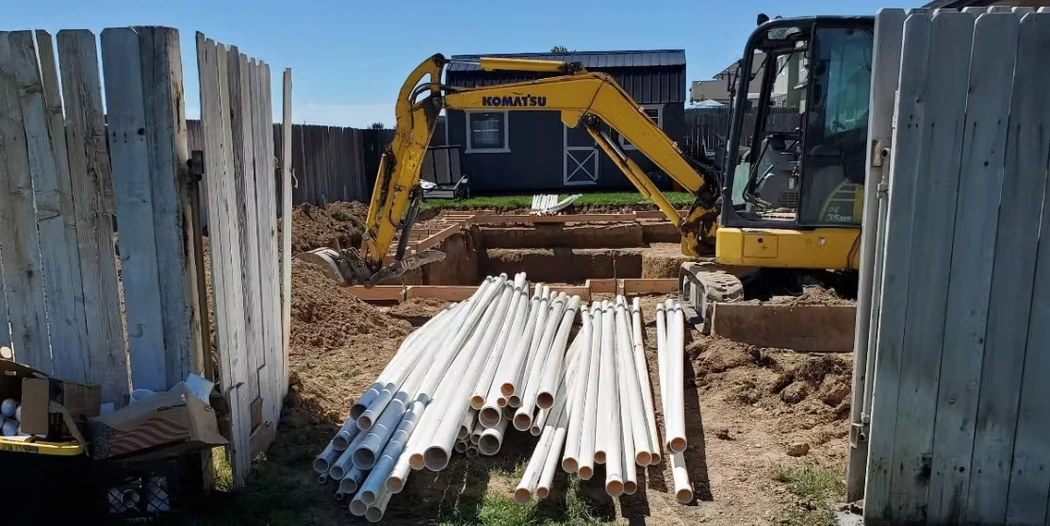

.webp)

.webp)
.webp)
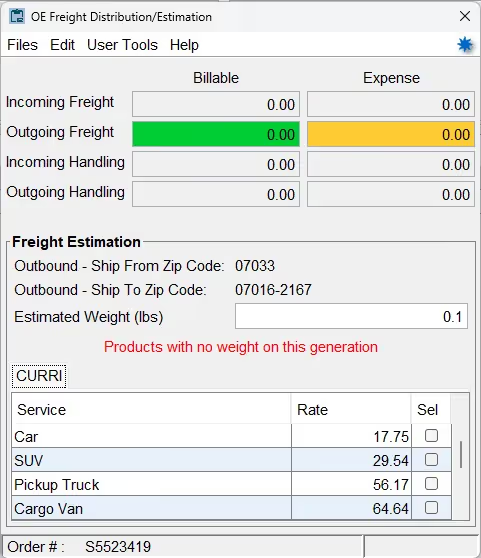
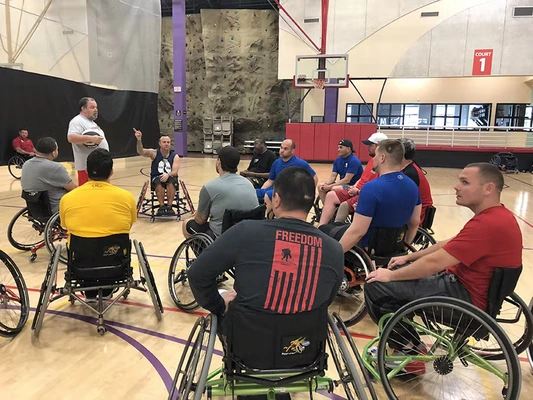
.webp)
